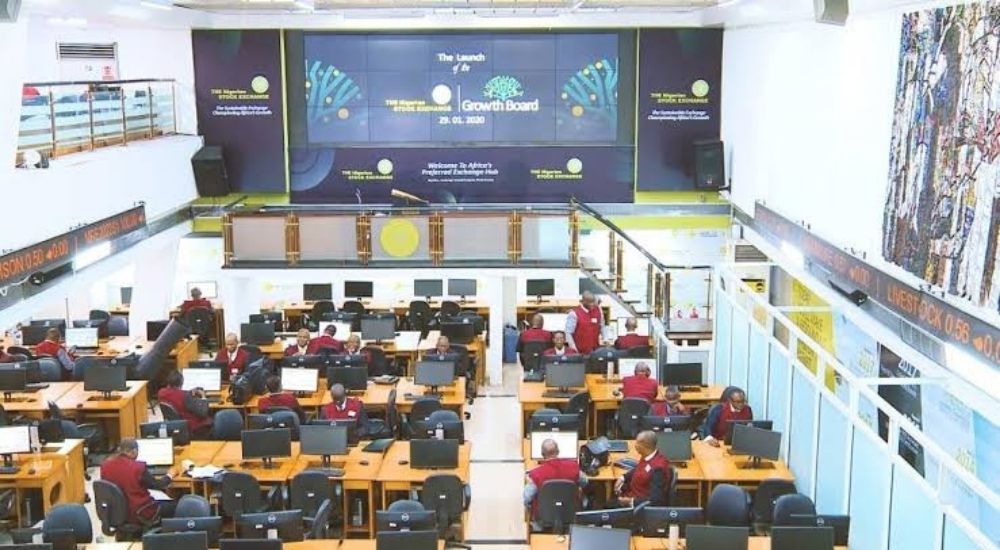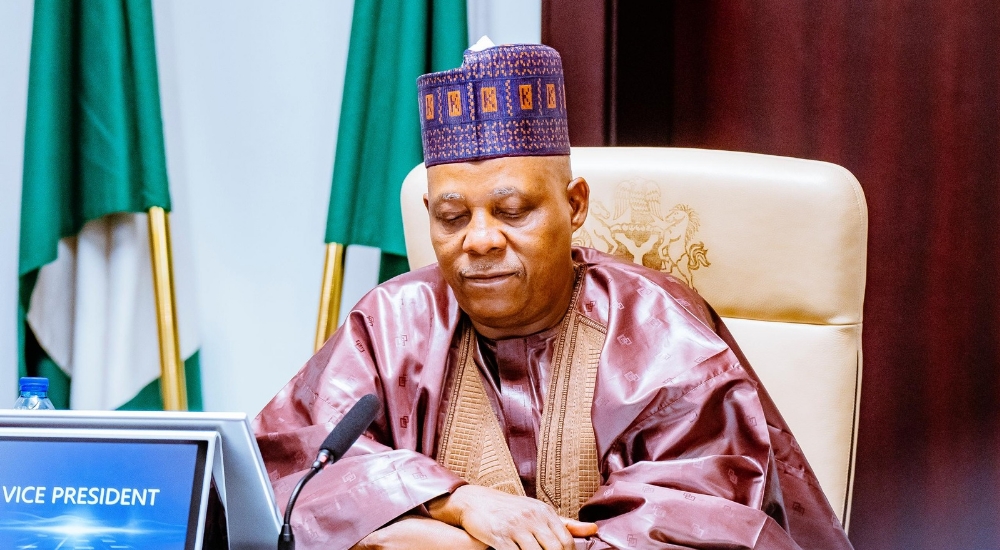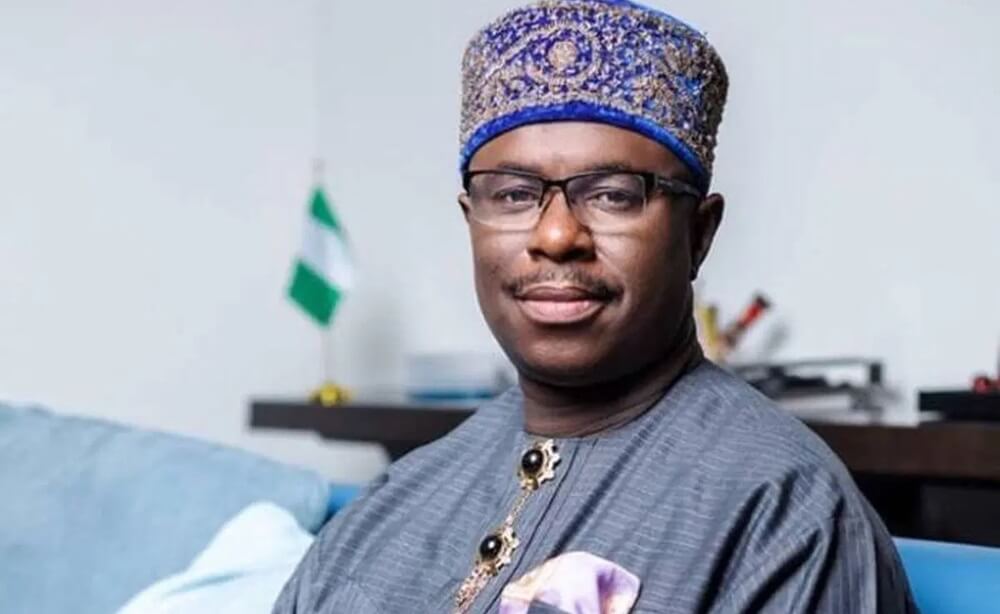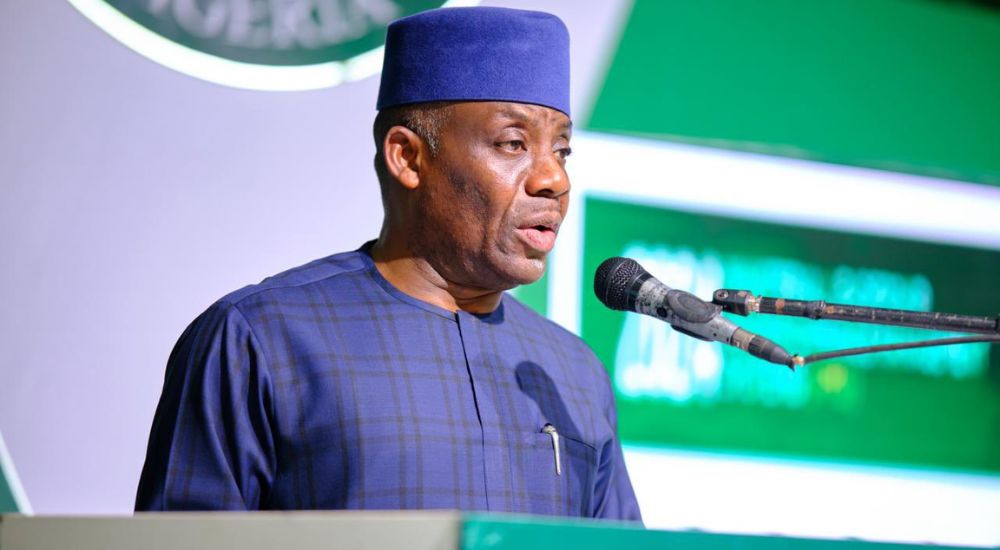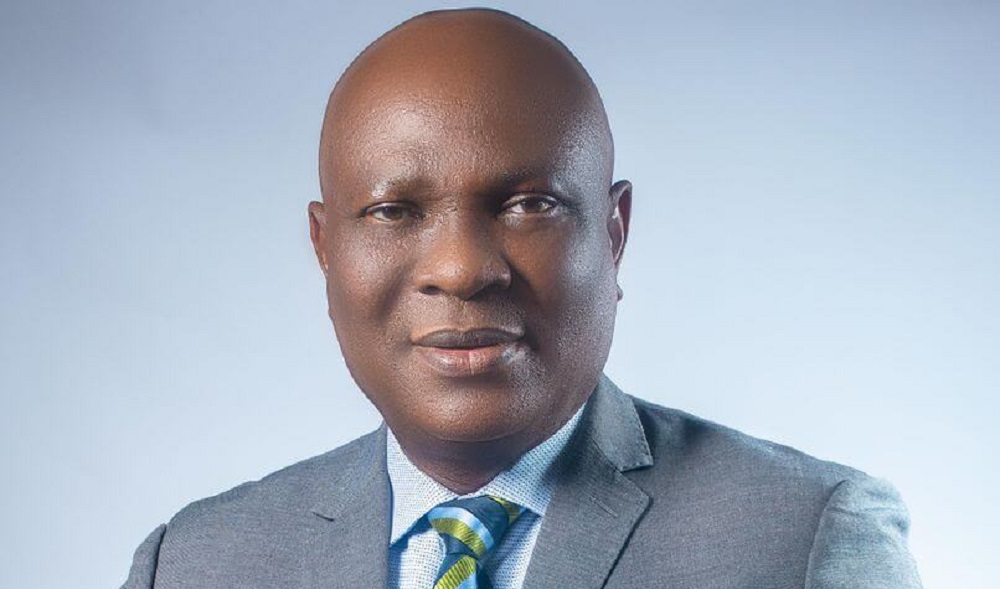Pakistan Forms Digital Assets Authority
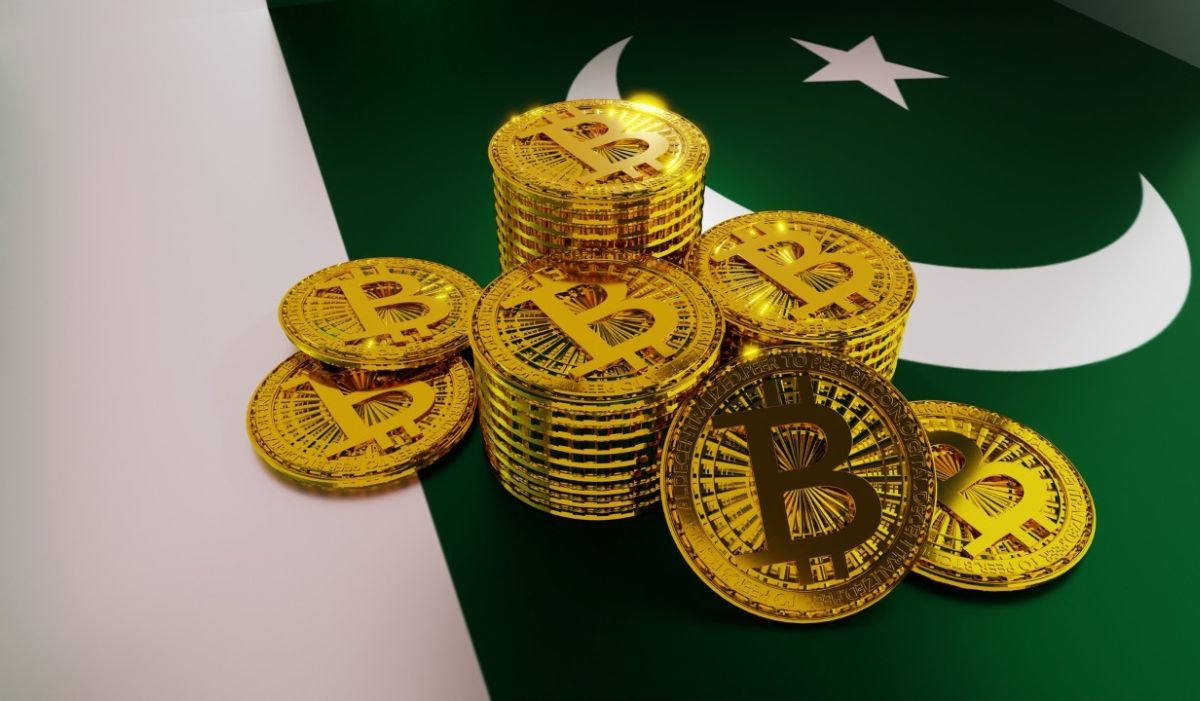
Pakistan is taking significant steps toward formalising cryptocurrency regulations through the newly formed Pakistan Crypto Council (PCC), which is spearheading discussions on a transparent and secure digital asset policy.
While crypto remains technically prohibited in the country, Finance Minister Senator Muhammad Aurangzeb is leading efforts in Islamabad to develop a balanced framework that supports innovation while protecting investors and ensuring financial stability, according to a report by CoinGape.
The initiative brings together key regulatory agencies, including the State Bank of Pakistan (SBP), the Securities and Exchange Commission of Pakistan (SECP), and the Ministries of Law and IT, to draft comprehensive crypto governance guidelines.
A dedicated technical committee is reviewing proposals and is expected to deliver recommendations to the PCC in the coming sessions.
As part of the new regulatory push, Pakistan has also established the Pakistan Digital Assets Authority (PDAA), which will oversee the development of blockchain infrastructure and digital asset markets.
The PDAA’s mandate includes regulating crypto exchanges, wallets, stablecoins, and DeFi platforms, while also promoting financial inclusion and fintech advancement.
Officials are reportedly weighing the creation of an autonomous regulator dedicated solely to digital finance, indicating growing institutional interest in the crypto economy and a recognition of the need for tailored oversight.
This regulatory shift also supports Pakistan’s emerging interest in holding Bitcoin as a strategic reserve asset.
At a recent Bitcoin conference, PCC head Bilal Bin Saqib unveiled the plan, though it may face resistance from the International Monetary Fund (IMF) over energy usage and macroeconomic concerns.
Analysts suggest that well-defined crypto laws could help alleviate these concerns, increase investor confidence, and pave the way for Pakistan to integrate digital assets into its long-term economic strategy while maintaining global regulatory compliance.

